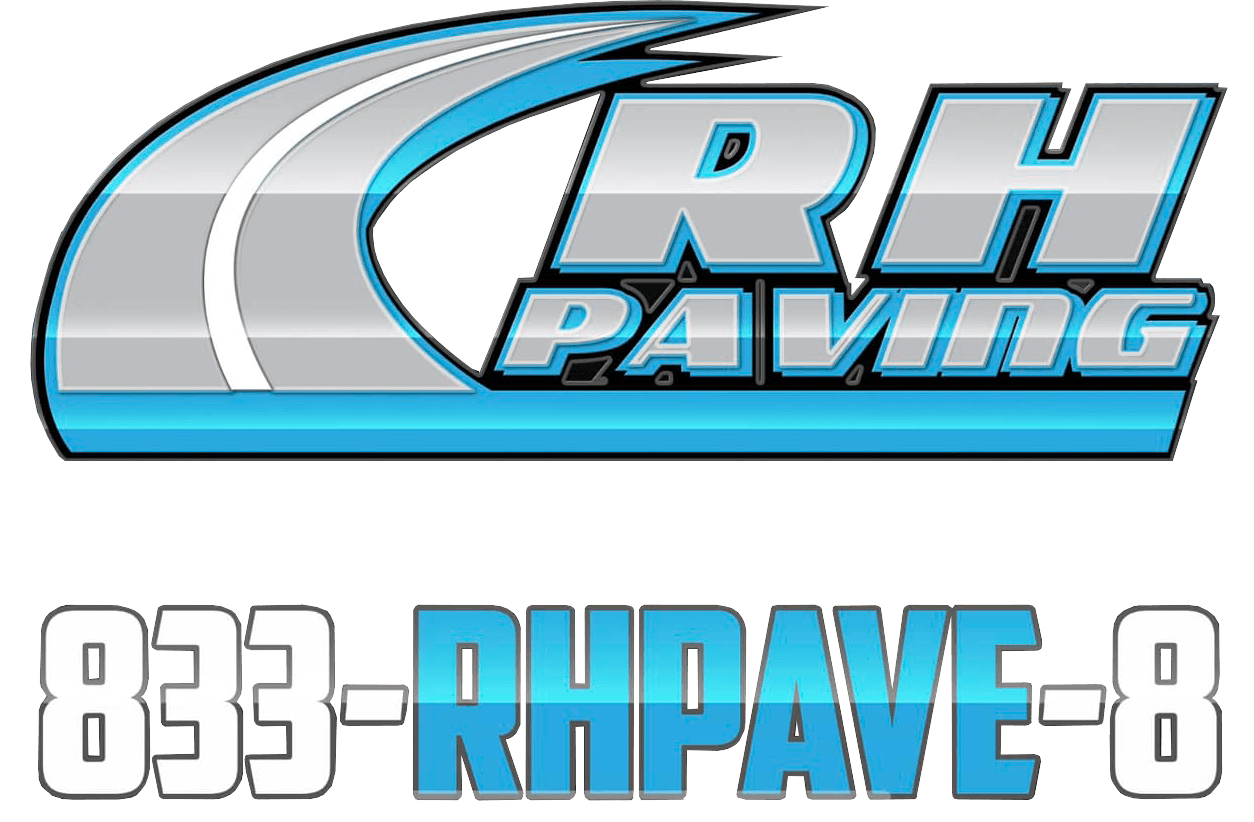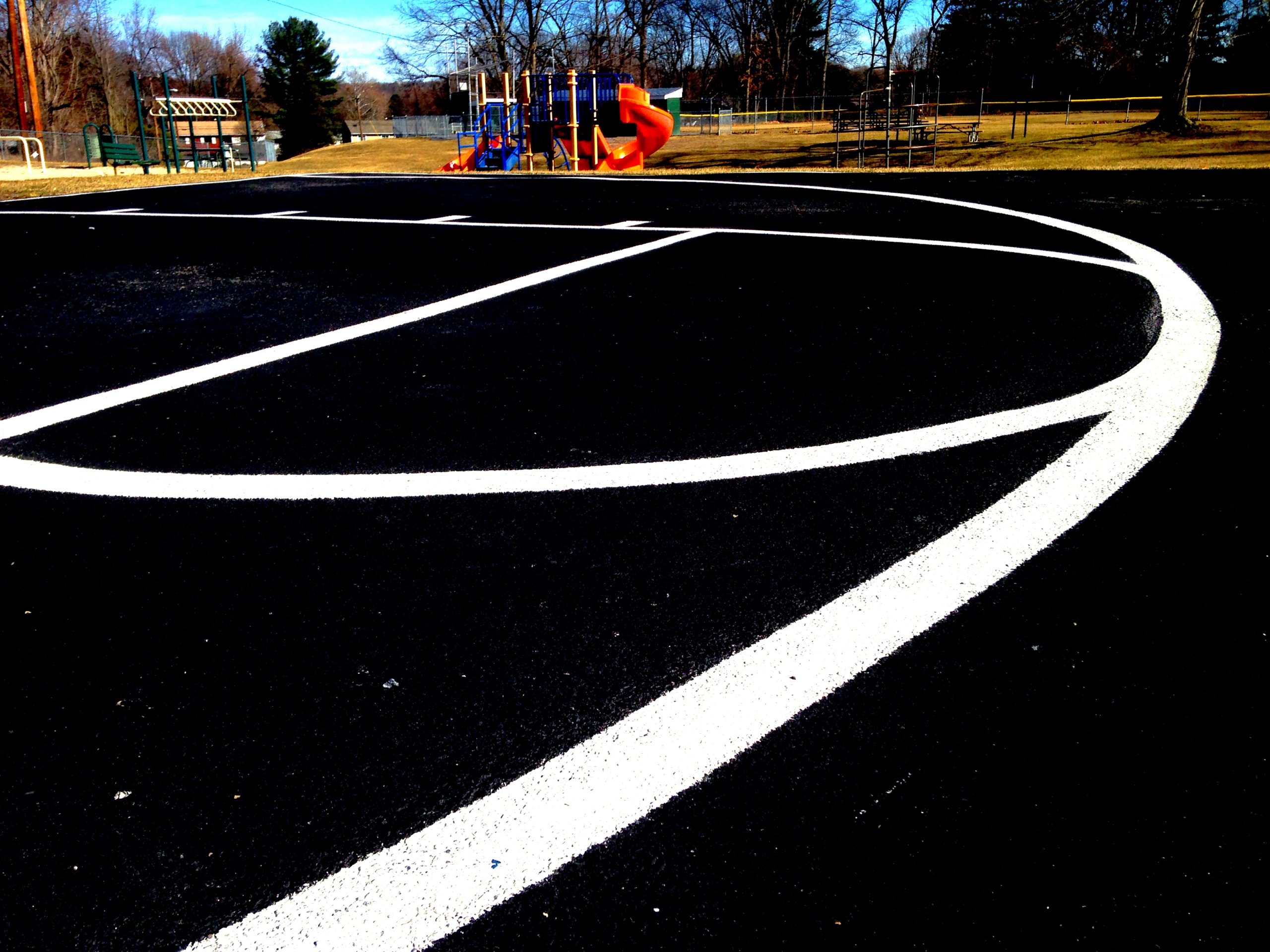Installing a sport court is no small investment—whether you’re planning a private backyard basketball court, a school tennis surface, or a multi-use community recreation space. But when it’s time to choose the surface material, many people find themselves torn between asphalt and other options like concrete or modular tiles. If you’re in that boat, here’s a solid truth: asphalt is one of the smartest all-around picks for sport court paving, especially when you’re looking for a mix of affordability, performance, and longevity.
Let’s break down why asphalt makes such a strong showing—pun intended—for sport court installations and how it stacks up in the long run.
Built for Impact and Performance
Sport courts see a lot of action. Whether it’s full-court press on basketballs or sharp lateral cuts during a tennis match, the surface needs to be tough—but not too rigid. That’s where asphalt really shines. Asphalt offers just the right amount of give, reducing stress on athletes’ joints and helping prevent long-term wear and tear on the body.
Plus, the texture of a well-installed asphalt court provides solid traction, whether it’s dry or slightly damp. You’re not dealing with a slippery surface or inconsistent bounce, which makes it ideal for schools, HOAs, or even serious home athletes who want that professional feel without the pro price tag.
Faster Installation, Lower Costs
Compared to concrete, asphalt is faster to install and generally more affordable. It doesn’t require as much curing time, meaning your court can be ready to play on sooner. That’s a huge bonus for public schools or parks trying to meet seasonal deadlines—or for a homeowner eager to enjoy that first game of driveway basketball with friends.
Asphalt’s cost-effective nature doesn’t mean you’re sacrificing quality. With proper seal coating and maintenance (which we’ll get to), you’re getting a durable, resilient surface that can last 15–20 years or more depending on use and upkeep.
Easy Maintenance and Repair
One of asphalt’s biggest advantages is its ease of maintenance. Small cracks? They’re fixable with simple asphalt crack filling. Need a refresh? A new seal coating can restore surface smoothness and color. Unlike concrete, which can flake or chip in larger chunks, asphalt’s flexibility allows it to expand and contract with temperature changes—reducing the risk of major cracking.
That also makes it a great option for regions like the Northeast or Mid-Atlantic, where freeze-thaw cycles can wreak havoc on harder, less flexible surfaces. With routine care, you can protect your court from water intrusion, UV damage, and everyday wear.
Customizable and Court-Ready
Whether you’re building a basketball, tennis, pickleball, or multi-use court, asphalt is easy to customize. It works well with a variety of sport surface coatings, which can add color, lines, and even extra texture depending on your sport of choice. It’s also ideal for multi-sport applications where line visibility and consistent surface conditions are crucial.
Considering installing a sport court or upgrading an old one? Explore asphalt paving services, check out our asphalt maintenance, learn more about seal coating options, or contact RH Paving today for a quote. We’ll help you design a court that plays great—and holds up over time.

